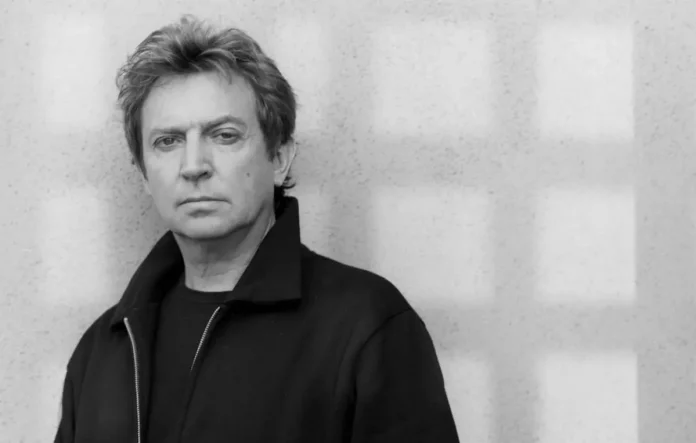In the 1980s – probably the most musically fluent decade in pop since rock music arrived in the UK in the late 1950s – many (not enough) noticed the harmonic sophistication of The Police and the (let’s say) “jazzy” chords employed by the trio’s guitarist, Andy Summers. His use of chord extensions and suspensions became a signature of the band, evident in songs such as Roxanne and Message In A Bottle.
It’s no surprise then that as his two Inheritance Tracks on BBC Radio 4’s Saturday Live (8 January 2020) Summers selected two pieces familiar to jazz followers. The first, Luis Bonfa’s Manhã De Carnaval, is an honorary jazz piece, originally a bossa nova but adopted, like so much Latin American music, by jazz players. Summers said: “Brazil is my second home. I have ended up playing that song all my life, sitting on top of the favela, looking over Rio, and I played it on the beach to about 100,000 people.”
The second track he played, Wes Montgomery’s West Coast Blues, is a dues-paid part of the jazz canon. Summers said he learned the Montgomery solo on WCB from the record – no doubt lifting and dropping the tone arm, as was the way in those days. He said: “By the time I was 16½ I could play the whole solo.” On a point of fact West Coast Blues wasn’t released until 1960, so Summers (born 1942, now 79, sounding like 39) may be a couple of years out – more likely he was aged at least 18-19. He added: “In a sense I’ve been recreating that Wes Montgomery solo for the rest of my life.”
The Bonfa piece he discovered as a teenager at the Continental cinema in Bournemouth where it featured in the 1959 film Black Orpheus, and its arpeggiated chords perhaps prefigure the arpeggiated chords found in his guitar arrangements for The Police.
In a seven-minute interview for the feature Summers fills in more background about his early guitar life and entry (at the unconscionably old age for rock and roll of 35) into The Police in 1977.
Aside from the intimations in his guitar work in The Police, Summers’ fondness for jazz is more explicit in the numerous jazz-flavoured albums he released after the constabulary trio split. They include Invisible Threads (1993) with British jazz virtuoso John Etheridge, of Soft Machine and Stéphane Grappelli fame, and the Monk tribute Green Chimneys (1999).
As for the influence the other way – from The Police to jazz, one might suspect the spacious, reggae-driven groove of Mojo Highway, from the album Bass Desires (1985, ECM) – led by Bill Evans’ last bassist, Marc Johnson – owes something to the British trio’s Walking On The Moon (1979). The track can be heard on YouTube as part of a 1988 Copenhagen concert by Johnson, Bill Frisell, John Scofield and Peter Erskine.
The BBC Summers interview begins 1:06.55 into the programme, at https://www.bbc.co.uk/sounds/play/m00138ft.
















